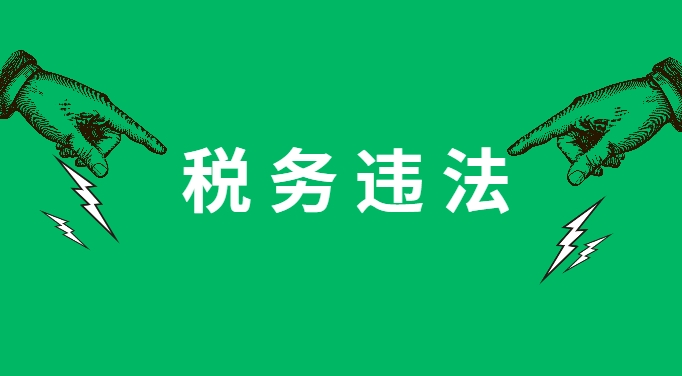

Analysis of the Implementation Key Points of "Stamp Act"
1. Background
On June 10, 2021, the twenty-ninth meeting of the Standing Committee of the Thirteenth National People's Congress voted to pass the "Stamp Tax Law of the People's Republic of China" (hereinafter referred to as the "Stamp Tax Law"), which will come into force on July 1, 2022. The original "Interim Regulations of the People's Republic of China on Stamp Tax" (hereinafter referred to as the "Interim Regulations") shall be repealed at the same time. At the same time, the State Administration of Taxation also successively issued a series of supporting policies on July 1, such as: "Announcement on the Implementation of Policies on Several Matters of Stamp Tax" (Announcement No. 22 [2022] of the Ministry of Finance and State Administration of Taxation), "About the relevant issues after the implementation of the Stamp Tax Law" Announcement on the Connection of Preferential Policies (Announcement No. 23 [2022] of the Ministry of Finance and the State Administration of Taxation), etc.
2. Taxpayers
According to the "Stamp Tax Law" and the "Announcement of the Ministry of Finance and the State Administration of Taxation on the Implementation of Policies on Several Matters of Stamp Tax" (Announcement No. 22 [2022] of the Ministry of Finance and the State Administration of Taxation), the taxpayer of stamp tax is to write taxable certificates and conduct securities in China. Units and individuals who trade or write taxable documents overseas for use in China. The specific situation is as follows:
1. The taxpayer who writes the taxable voucher is the unit and individual with direct rights and obligations to the taxable voucher;
2. The taxpayer of the loan contract signed by means of entrusted loan shall be the trustee and the borrower, excluding the trustor;
3. The taxpayer of the auction transaction confirmation letter that pays the stamp duty according to the tax item according to the sales contract or property transfer document is the owner and the buyer of the auction object, excluding the auctioneer;
4. The taxpayer of stamp duty on securities transactions is the transferor of securities transactions.
3. Withholding agent
Compared with the original "Provisional Regulations", the "Stamp Duty Law" has new provisions on withholding agents. The regulations are as follows:
1. If the taxpayer is an overseas entity or individual, its domestic agent shall be the withholding agent; if there is no domestic agent, the taxpayer shall declare and pay stamp duty on its own;
2. The withholding agent of stamp duty on securities transactions is the securities registration and settlement institution, and at the same time declares and pays the tax and the interest settled by the bank.

Set Sail for the Sea, With Tax Benefits - Analysis of the Types of VAT Export Refund (Exemption) and Key Points of Declaration Practice
2024-10-22read:475second

Enterprise Must Read! The New Policy of Water Resource Tax Reform Has Been Introduced, And This Article Summarizes the Key Points of Policy Changes
2024-10-22read:474second

The 'Crime' and 'Punishment' of Tax Violations: A Must-Read Guide for Financial and Tax Personnel
2024-09-12read:525second


This website uses cookies to ensure you get the best experience on our website.